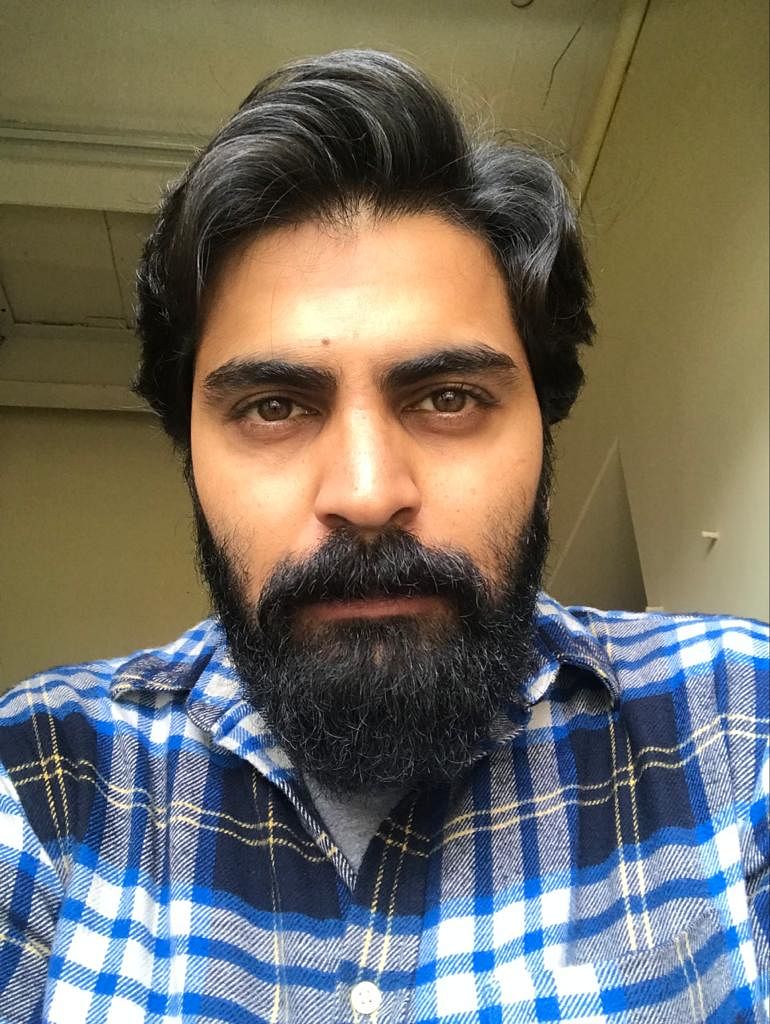Karnataka being pushed into classic debt trap: Krishna Byre Gowda
The Centre is depriving Karnataka and other states of at least Rs 5.20 lakh crore because of taxation and “pro-rich” manoeuvres, former minister Krishna Byre Gowda told the Assembly on Thursday.
The Byatarayanapura MLA, the Congress's public finance expert who once represented Karnataka in the GST Council, mounted a statistical attack on the BJP over devolution during the debate on the demand for grants.
“The rise in borrowings is not because of the pandemic. It's because of how the Centre is depriving the state of its share. Karnataka is being pushed into a classic debt trap,” Gowda said.
Gowda explained two reasons for the decline in central funds to the state. “The first reason is that the Centre has systematically shifted taxes into cess. Only tax is devolved to the states whereas the cess is kept by the Centre. That’s why the divisible pool of taxes looks shrunk, but the money is there,” he said.
Cesses used to account for about 10 per cent of the Centre’s total revenue receipts. “Now, it is 24 per cent. If the percentage of cess was the same, then states would have received Rs 2.09 lakh crore,” Gowda said. “So, devolution to the states is lower than 41 per cent fixed by the 15th Finance Commission. Isn’t this injustice to the union?”
He explained this with the example of fuel. “The Centre gets Rs 35,000-40,000 crore from Karnataka on petrol and diesel. In return, we’re not getting even Rs 100 crore. The entire amount is kept by the Centre. That’s because the total tax on fuel - 92 per cent on petrol and 95 per cent on diesel - is in the form of cess and surcharge, which need not be shared with the states,” he said.
The second reason, according to Gowda, is cuts in corporate taxes payable by the uber rich, resulting in the Centre getting less revenue.
“There are two types of taxes: direct taxes such as income tax and corporate; indirect taxes such as GST and excise duty on fuel,” Gowda said. “The general policy is that revenue should be more from direct taxes instead of indirect taxes that affect the poor. For example, Ambani and a villager will pay the same rate of [indirect] tax on a pen. But, the former can afford it,” he said.
Gowda said that since 2014-15 India’s income tax revenue grew 217 per cent and indirect taxes 203 per cent. “But, corporate tax grew at just 3.9 per cent. If corporate tax grew at the I-T rate, then we’d have got Rs 8.57 lakh crore as against Rs 5.47 lakh crore,” he said.
“Corporate taxes have been lowered since 2015-16. Instead of taxing the rich, we’re burdening the poor. Is this how a country is run?” he asked.
Check out DH's latest videos:
Deccan Herald is on WhatsApp Channels| Join now for Breaking News & Editor's Picks
